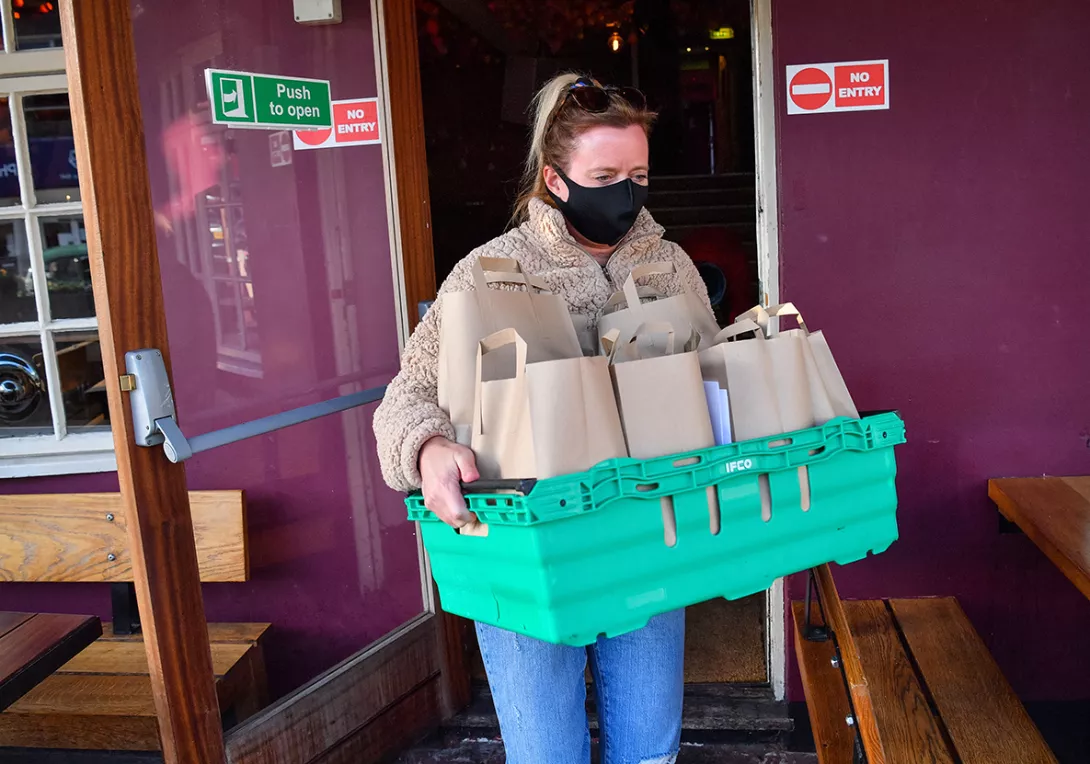
IN 2022-23, 7.2 million households were food insecure in Britain. Currently, 30 per cent of children in England — 4.3 million — are living in poverty. Recent surveys conducted by Survation for the National Education Union reveal that 52 per cent of struggling parents in England are cutting back on their food shopping due to rising costs. Furthermore, 37 per cent of children in England know someone at school who doesn’t have enough to eat.
Globally, we produce one-and-a-half times more than enough food to feed every man, woman, and child on the planet. People go hungry because they are poor and don’t have enough money to buy the food being produced.
There is no scarcity of food. In reality, the scarcity narrative was produced by corporate food regimes to serve their interests through capitalism. Food has transformed from a necessity to a commodity solely for profiting from its high demand. Any resulting detriment to health appears to be collateral damage in favour of corporate greed.
















